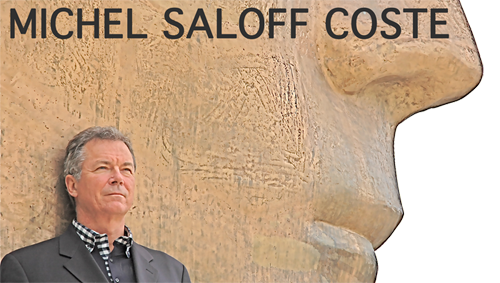The Future Was Always Created by Small Groups of People
evolve: In looking at Europe, many might describe us in the
midst of a “culture war.” I’m not speaking about the West and Islam, but about
religious traditionalists, who tend to be pre-rational, and two types of
secularists—the modernists and the postmodernists. The modernists tend to be
rational, efficient bureaucrats and capitalists. The postmodernists are often
highly individualistic, egalitatarian, pluralistic, and increasingly interested
in personal spirituality. Do you see these divisions affecting Europe today?
Michel Saloff Coste:
All over the world there are these big gaps between the traditionalists, modernists,
and postmodernists. In Europe over the past five hundred years, we seen many
clashes between different value systems. There has been a strong opposition
between traditional Catholicism and the Protestant modernism, that eventually led
to free speech and capitalism. We could even say that the two world wars in the
last century were an expression of a conflict between values and belief systems,
not only a conflict between nations.
And today we are in
the midst of a struggle between traditional, modern postmodernist values. This
conflicts are intensified through the new development of traditionalism as many
modern people return to traditionalism and extreme right populism because of the
economic struggle of the middle class and the loss of a meaningful frame-work and
vision.


